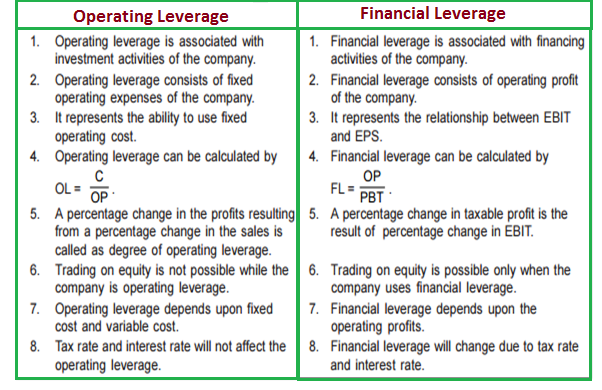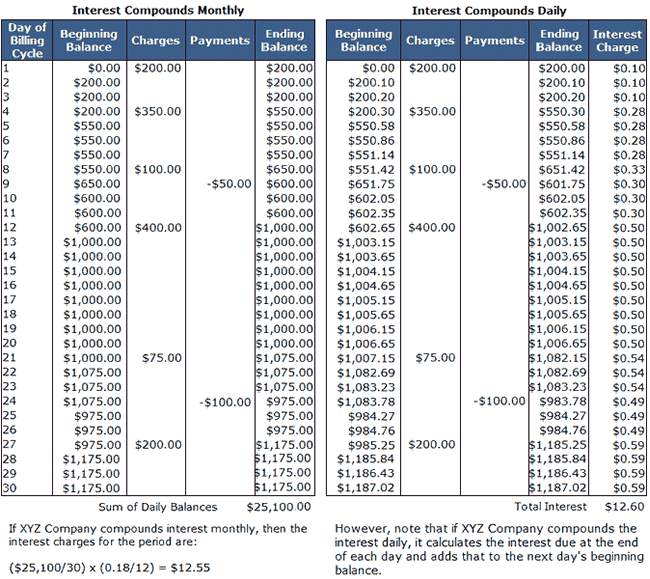50 to 0. 875 portion points higher than home loan rates for an owner-occupied house. A benefit to funding an investment home is that home mortgage loan providers often utilize 75% of the projected rental income as part of the procedure to figure out whether you get approved for the loan. You might still be able to use your villa as an investment home and enjoy some tax benefits, if you follow Internal Revenue Service guidelines. You must live in your 2nd home for more than 14 days or 10% of the time that it's offered for rent whichever period is longer. There are tax implications if you rent out your 2nd house, depending on how often it's rented.

If you lease it for 15 days or more, you'll have to report the rental income when you submit your yearly tax return. You can also subtract rental costs, such as mortgage interest and maintenance, when you rent your 2nd house for at least 15 days. A portion of your home taxes, utility costs and depreciation might also be deductible. Consult your tax professional to much better comprehend what's at stake; they can provide more information and help you Homepage strategize your best technique. Remember to factor in the expenses you'll likely sustain to maintain your trip residential or commercial property while renting it out.
Not everyone is exit timesharestimeshare bankruptcy eliminated to be a polar bear. And if you're retired or work remotely, there's no need to thaw out your car every early morning and wrap like an Eskimo if you do not wish to. Find out how to purchase a second home (and get a 2nd home mortgage if you need it). Then distribute your snow blower and stop hating winter season. Acquiring a winter season house, whether it's a ski cabin for your family or a bright escape from the whole cold season - can have its perks. You have a built-in location to stay when vacationing. Due to the fact that your cost savings stay intact, you're free to grow that money by making financial investments, or you can use the cash for other purposes, such as paying for college or buying a car. If the equity in your very first house covers the purchase price of the 2nd house, then taking out a home equity https://beterhbo.ning.com/profiles/blogs/excitement-about-what-does-ear-stand-for-in-finance loan is most likely to be a less expensive option than taking out another mortgage. You may be able to deduct the interest paid on house equity debt, up to $100,000. If you utilize money, you don't get a tax break. If the value of your first home declines due to altering market conditions or other aspects, the lost equity might put you undersea on your first mortgage.
Both your very first house that you utilized as loan security as well as your 2nd house could be in jeopardy of foreclosure ought to you be unable to make loan payments. If you've only owned your house for a few years or the housing market in your location took a downturn, you may not have adequate equity in your house to cover the down payment for a 2nd home. You can't borrow against your house again until this house equity loan is settled.
Owning a second house can be a sound monetary investment. It can also supply a welcomed retreat for the household when you require a break from the city. Nevertheless, financing a secondary home is frequently more complicated than newbie buyers expect. Lenders have more stringent funding requirements when it comes to the purchase of a second home or getaway property, which can make it harder for prospective purchasers to receive a home loan. Beyond the concerns of funding, there are likewise tax implications to be considered as well as a range of ancillary costs that are distinct to the purchase and ownership of a secondary home.

Some Of How Long Can You Finance A New Car
But for the functions of funding, the 2 terms are not interchangeable. By meaning, a secondary residence is a house that the buyer plans to occupy at various times throughout the year (What does ear stand for in finance). It might be a holiday cabin in the woods, and even a condo in the city, but for at least 1 month during the year it is owner-occupied. To qualify as a second home a property need to fulfill the following criteria: Residential or commercial property must be owner inhabited for no less than 30 days out of the year Residential or commercial property must be a single-unit dwelling Property should be kept appropriate for year-round tenancy Home should be solely under the owner's control and not subject to rental, time-share or residential or commercial property management agreements Funding a 2nd house is not completely different to financing your main residence.
The same requirements use whether the house will be a main or secondary home. That being stated, while the standard criteria in review are the same, the result can often be really different for a secondary effort. For your convenience here is a list of loan providers offering competitive rates in your area. Lenders tend to be more conservative when it comes to funding 2nd houses, so they expect customers to fulfill or exceed some particular monetary limits before they will think about approving the home mortgage application. Purchasers looking to fund a 2nd home need to have a particularly strong credit history for their mortgage to be approved at a beneficial rate.
Depending on the lender, funding a 2nd home usually needs a greater deposit from the buyer. Unlike a very first home mortgage where the purchaser can frequently get financed with as low as 3% down, lenders will desire to see at minimum 10% down on a secondary or getaway residential or commercial property. Greater still, if the applicant's credit rating is in dispute or harmed. If the purchaser does not have the enough cash reserves to satisfy this threshold loan providers will often allow borrowers to use the equity in their primary home to comprise the shortage. Buying a second house means presuming a second home loan, which puts the buyer in a greater danger classification.